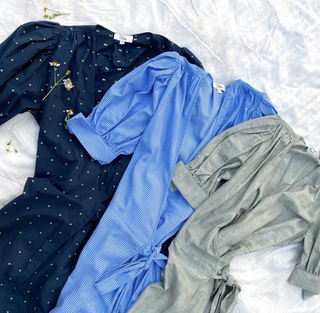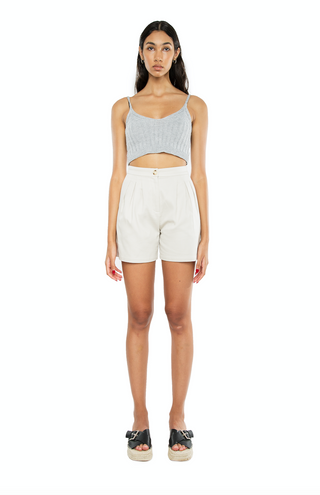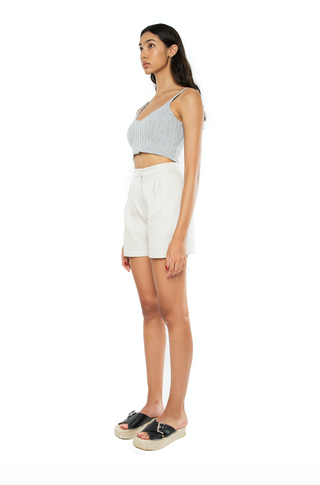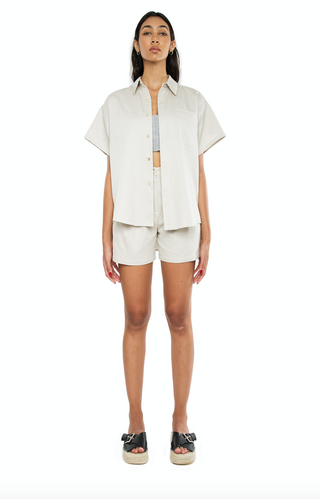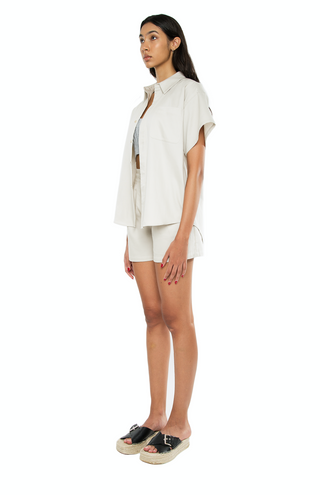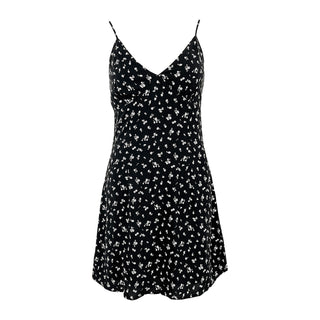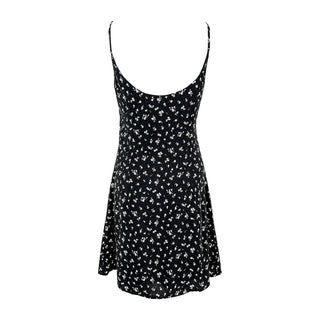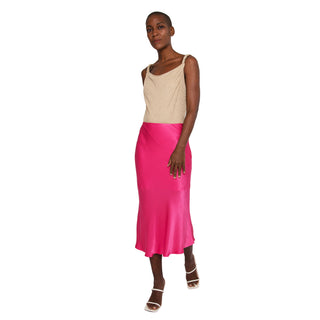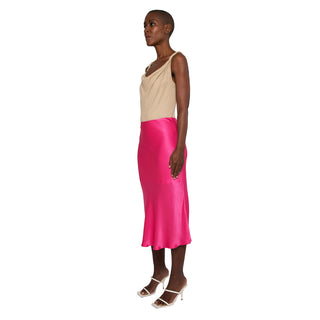
The evolution of sustainable women's fashion has reached a pivotal moment with the increasing popularity of eco-friendly suits, a trend that underscores the industry's commitment to ethical practices and environmental stewardship. Pioneering brands such as Róu So and Stella McCartney have set the standard by utilizing recycled materials and natural fibers like organic cotton and bamboo, creating garments that are both stylish and conscientious. These suits offer more than just aesthetic appeal; they embody a movement towards inclusivity, comfort, and versatility. As the demand for quality and timeless fashion grows, one might wonder how these eco-friendly options are reshaping consumer expectations and industry standards.
The growth of this sustainable trend is also challenging the fast fashion culture that has dominated the industry for years. Instead of producing clothes for single-use occasions, brands are now investing in high-quality, durable materials that can withstand the test of time. This not only reduces waste but also encourages consumers to make more mindful purchases. Additionally, eco-friendly suits are setting new standards for transparency in the fashion industry. Brands are providing detailed information about their supply chains, giving consumers the opportunity to make informed decisions about the products they buy. This shift towards sustainability is transforming women's fashion, pushing it towards a more responsible and ethical future. The eco-friendly suit is not just a garment; it's a powerful symbol of change and progress in the fashion industry.
Choosing the Perfect Eco-Friendly Suit
Selecting the ideal eco-friendly suit involves careful consideration of fabric quality, fit, and ethical production practices. Fabric selection is paramount; opting for suits made from upcycled or natural fibers such as organic cotton, linen, or bamboo ensures minimal environmental impact. These materials not only provide a sustainable alternative but also offer comfort and durability.
Fit considerations are equally essential, as a well-tailored suit can enhance your appearance and provide confidence. Brands like Róu So design suits that cater to diverse body types, ensuring an inclusive range of sizes.
Color options should also be evaluated to match your personal style and wardrobe needs. Neutral tones such as black, navy, and beige are versatile and suitable for various occasions, from professional meetings to casual outings.
Occasion versatility is another critical factor; a suit that can transition seamlessly from a business environment to a social gathering offers practicality and value.
Lastly, conducting a price comparison helps in identifying suits that offer the best balance between cost and quality. While sustainable suits may come at a premium, their longevity and ethical production practices often justify the investment, contributing to a more conscientious and stylish wardrobe.
Benefits of Sustainable Materials
One of the primary benefits of sustainable materials is their significantly lower environmental impact compared to conventional fabrics. Utilizing organic cotton, bamboo, and recycled polyester not only conserves natural resources but also leads to reduced waste in production processes. These materials often require fewer pesticides and water, resulting in a smaller carbon footprint and contributing to the preservation of ecosystems.
Ethical production is another critical advantage. Sustainable materials are frequently sourced from suppliers committed to fair labor practices, ensuring that workers are paid fairly and work in safe conditions. This ethical approach fosters a more humane and just fashion industry.
Moreover, sustainable materials offer notable health benefits. Organic fabrics are typically free from harmful chemicals and toxins found in conventional textiles, reducing the risk of skin irritations and allergies. For individuals with sensitive skin, eco-friendly suits provide a safer alternative.
In terms of versatile styling, sustainable materials are incredibly adaptable. From structured blazers to relaxed-fit trousers, these fabrics can be fashioned into a range of designs suitable for various occasions. This versatility not only enhances the wearer's wardrobe but also underscores the practicality and enduring appeal of eco-friendly fashion choices.
Styling Tips for Eco-Friendly Suits
In addition to their environmental and ethical benefits, eco-friendly suits offer a variety of styling options that can elevate your wardrobe with modern sophistication. One key aspect is color coordination; selecting hues that complement each other can create a cohesive and polished look. Neutral tones like beige, navy, and olive are versatile choices that can be mixed and matched with other wardrobe staples.
Accessory pairing is another crucial element. Minimalist jewelry, such as delicate necklaces or simple earrings, can enhance the suit without overpowering it. Belts and eco-friendly handbags can also add a touch of elegance.
Proper fabric care is essential to maintain the longevity and appearance of your eco-friendly suit. Gentle washing methods and air drying can preserve the integrity of natural fibers. Seasonal layering is also important; incorporating layers like organic cotton shirts in the summer or recycled wool sweaters in the winter ensures comfort and style throughout the year.
Lastly, shoe selection can make or break an outfit. Opt for sustainable footwear options such as vegan leather shoes or those made from recycled materials. These choices not only complement your eco-friendly suit but also align with your commitment to sustainability.
Brands Leading the Sustainable Fashion Movement
Several pioneering brands are driving the sustainable fashion movement by offering stylish, eco-friendly suits that cater to modern consumers' ethical and environmental values. Among these trailblazers, Stella McCartney stands out with her commitment to sustainable design and ethical production. The brand's use of eco conscious fabrics, such as organic cotton and recycled polyester, ensures that each piece not only looks good but also minimizes environmental impact.
Another noteworthy brand is Róu So, which focuses on creating chic, effortless silhouettes using upcycled and natural fibre fabrics. Their approach to sustainable design emphasizes longevity and versatility, allowing consumers to invest in timeless pieces that transcend seasonal trends. This commitment to quality and sustainability positions Róu So as a leader in the fashion revolution, challenging conventional fashion norms.
Additionally, Eileen Fisher has made significant strides in promoting ethical production practices. The brand's emphasis on transparency and responsible sourcing sets a high standard for the industry. By incorporating eco conscious fabrics and prioritizing fair labor conditions, Eileen Fisher demonstrates how sustainable practices can be seamlessly integrated into high fashion.
These brands exemplify how the fusion of style and sustainability can lead to a transformative impact on the fashion industry.
The adoption of eco-friendly suits in sustainable women's fashion reflects a significant shift towards ethical practices and environmental consciousness.
By utilizing upcycled and natural fibers, brands like Róu So and Stella McCartney offer stylish, comfortable, and versatile options that cater to diverse body types and occasions.
This evolution emphasizes quality, fit, and timeless style, aligning with the demands of the modern conscious consumer and underscoring the importance of sustainability within the fashion industry.


